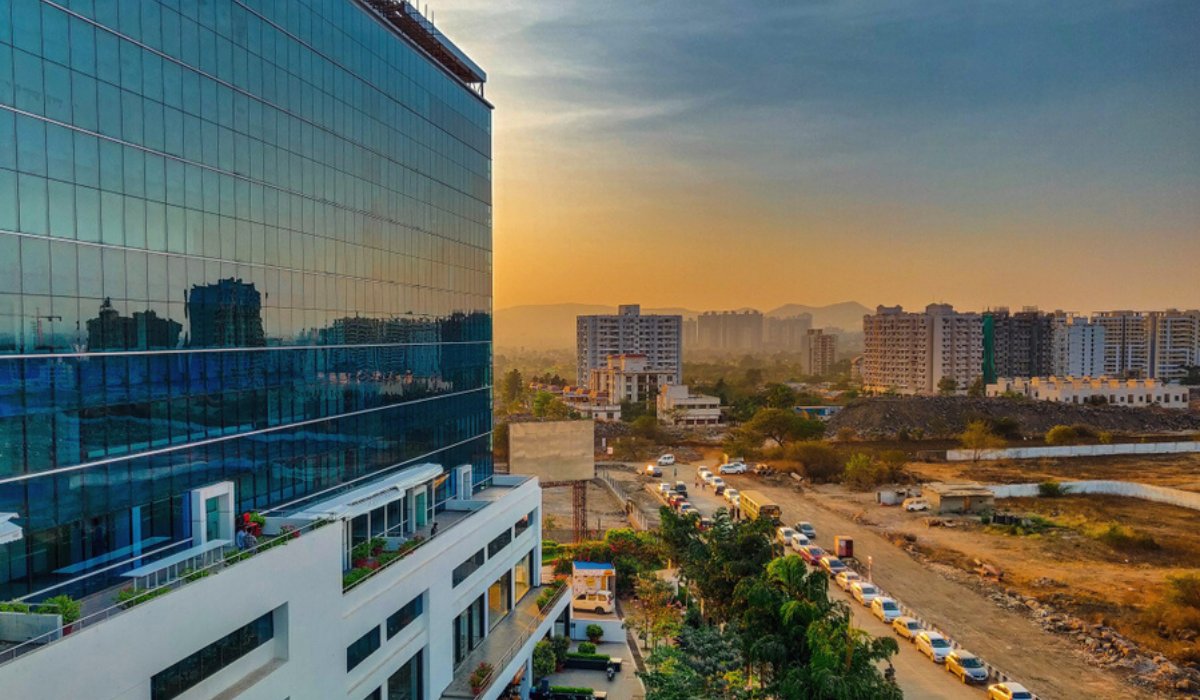The legal and regulatory framework for commercial real estate transactions in India is complex and encompasses various aspects that impact the acquisition, development, ownership, and operation of commercial properties. Key areas of focus include land acquisition, property registration, and compliance with applicable laws. Let’s discuss each of these aspects in detail.
Land Acquisition:
Land acquisition plays a crucial role in commercial real estate transactions. The acquisition of land for commercial purposes in India is governed by the Right to Fair Compensation and Transparency in Land Acquisition, Rehabilitation, and Resettlement Act, 2013 (LARR Act). Under this Act, the government can acquire land for public purposes such as infrastructure development, industrial corridors, and urbanization, subject to certain conditions and procedures. The Act ensures fair compensation to landowners and provides for the rehabilitation and resettlement of affected persons.
Property Registration:
Property registration is a vital step in commercial real estate transactions as it establishes legal ownership and ensures the transfer of title. The registration of commercial properties in India is governed by the Registration Act, 1908. It mandates the registration of documents related to the transfer, sale, lease, or mortgage of commercial properties. The registration process involves the payment of stamp duty, which varies across states. It is essential to register commercial property transactions to ensure their legality and enforceability.
Compliance with Applicable Laws:
Commercial real estate transactions in India are subject to compliance with various laws and regulations. Some of the key laws impacting commercial properties include:
1. Real Estate (Regulation and Development) Act, 2016 (RERA): RERA was enacted to regulate the real estate sector and protect the interests of buyers. It mandates the registration of commercial projects with the respective state Real Estate Regulatory Authority (RERA). Developers are required to provide accurate information about the project, adhere to project timelines, and maintain an escrow account for funds.
2. Foreign Exchange Management Act, 1999 (FEMA): FEMA governs foreign investments in Indian commercial real estate. It sets regulations for foreign direct investment (FDI) in real estate, including commercial properties. Foreign investors need to comply with FEMA guidelines, such as investment limits, repatriation of funds, and reporting requirements.
3. Environmental Laws: Commercial real estate developments in India must comply with environmental laws and regulations. The Environment (Protection) Act, 1986, and the Environmental Impact Assessment (EIA) Notification, 2006, impose obligations on developers to obtain environmental clearances, mitigate environmental impacts, and adhere to sustainable practices.
4. Taxation Laws: Commercial real estate transactions attract various taxes, including stamp duty, Goods and Services Tax (GST), and income tax. The rates and regulations may vary across states and depend on the nature of the transaction. Complying with taxation laws is essential to avoid legal and financial repercussions.
In addition to the above, commercial real estate transactions may also be subject to local municipal laws, land use regulations, zoning laws, labor laws, and building codes. Compliance with these laws ensures the smooth and lawful operation of commercial properties.
In conclusion, the legal and regulatory framework for commercial real estate transactions in India encompasses land acquisition, property registration, and compliance with various laws. Adhering to these regulations ensures the legality, transparency, and enforceability of commercial real estate transactions. It is essential for investors, developers, and other stakeholders to have a comprehensive understanding of the legal and regulatory landscape to navigate the commercial real estate market successfully.



